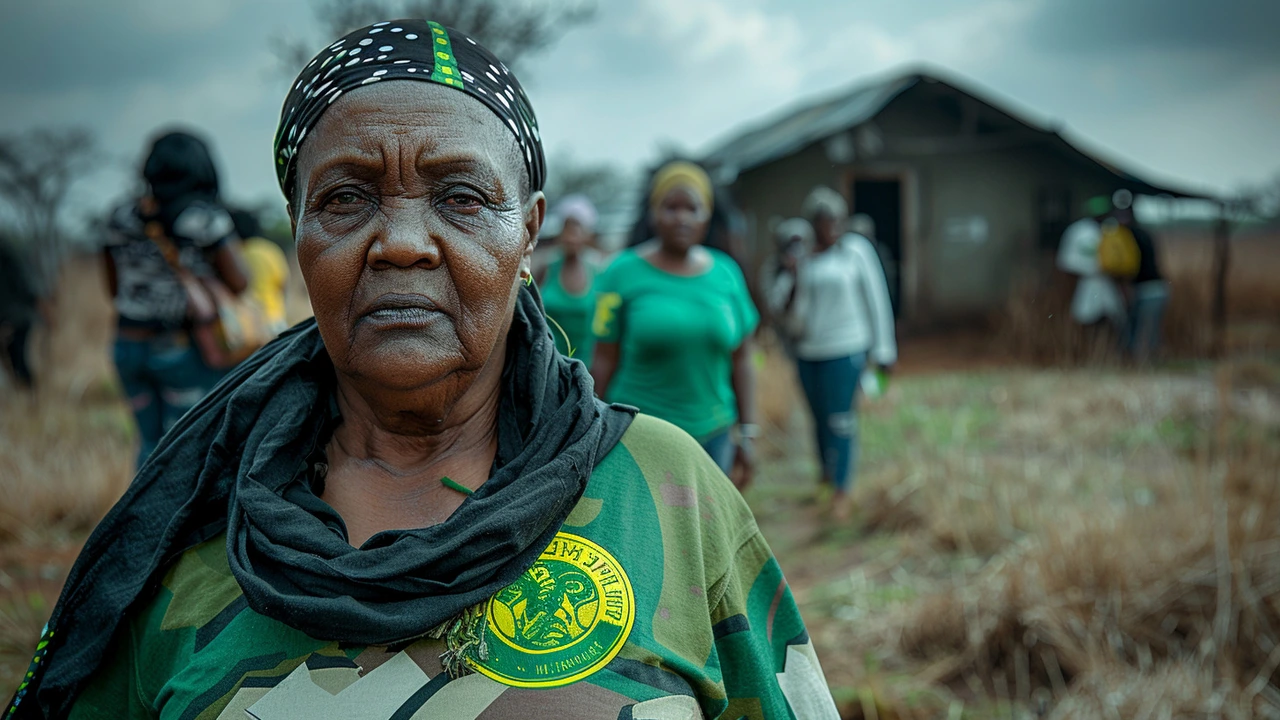South Africa election: What to watch and how to stay informed
Elections in South Africa often change how services are delivered where you live — from local roads to national power policy. Want a clear, no-nonsense guide to what matters and how to follow the results? This page points you to the facts, the big issues, and the best places to watch updates.
How the system works and why it matters
South Africa uses proportional representation for national and provincial ballots. That means parties win seats roughly equal to their share of the vote, not just single-member winners. Municipal elections use a mix of ward and proportional seats, so local results can differ a lot from national trends. Because of this system, no single party always wins everything — coalitions can decide who governs after votes are counted.
On election night pay attention to turnout, vote share by party, and results in key provinces like Gauteng, Western Cape and KwaZulu-Natal. Those provinces often determine the national story and the shape of future coalitions.
Top issues voters watch — and why they shift votes
Want to read the results with context? Watch how parties address these practical problems: loadshedding and Eskom reliability, jobs and unemployment, service delivery (water, roads, health), safety and crime, and land reform or housing. For many voters, repeated power cuts or stalled local projects tip the balance. If a party offers a credible plan for electricity or jobs, that can swing seats in urban and rural areas alike.
Smaller parties matter in a proportional system. Even a party with a few percent can become a kingmaker in a coalition, so headlines about 'surge' or 'new party' are worth watching beyond raw vote share.
How to follow results live? Start with the Independent Electoral Commission (IEC) for final counts and official announcements. Reliable broadcasters and major newspapers will offer live maps and seat projections. Use official IEC feeds or major outlets rather than random social posts — early figures change and unverified claims spread quickly.
Quick practical tips for election night:
- Bookmark the IEC results page and your preferred national broadcaster.
- Follow regional updates for your province or city — municipal outcomes can differ from national trends.
- Look for turnout numbers early; low or high turnout shapes final outcomes.
- Watch coalition talks after results — parties will start negotiating seats and executive roles.
If you're a voter, double-check your registration and polling station details on the IEC site before election day. If you're reading results as a friend or observer, keep sources official and watch how small parties affect the final math. For rolling coverage and analysis specific to these topics, follow our South Africa election tag for updates, explainers, and live reaction as results come in.
